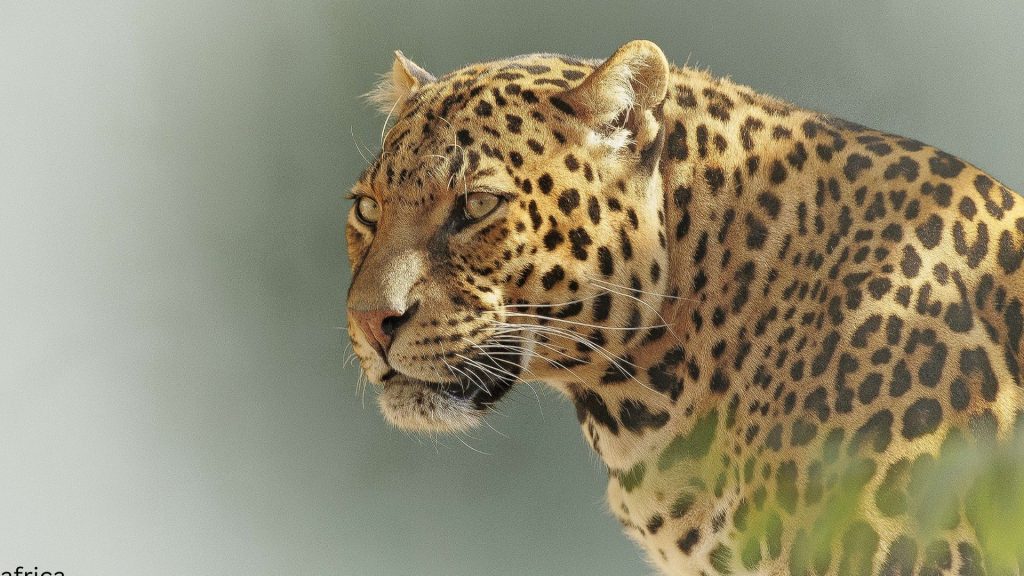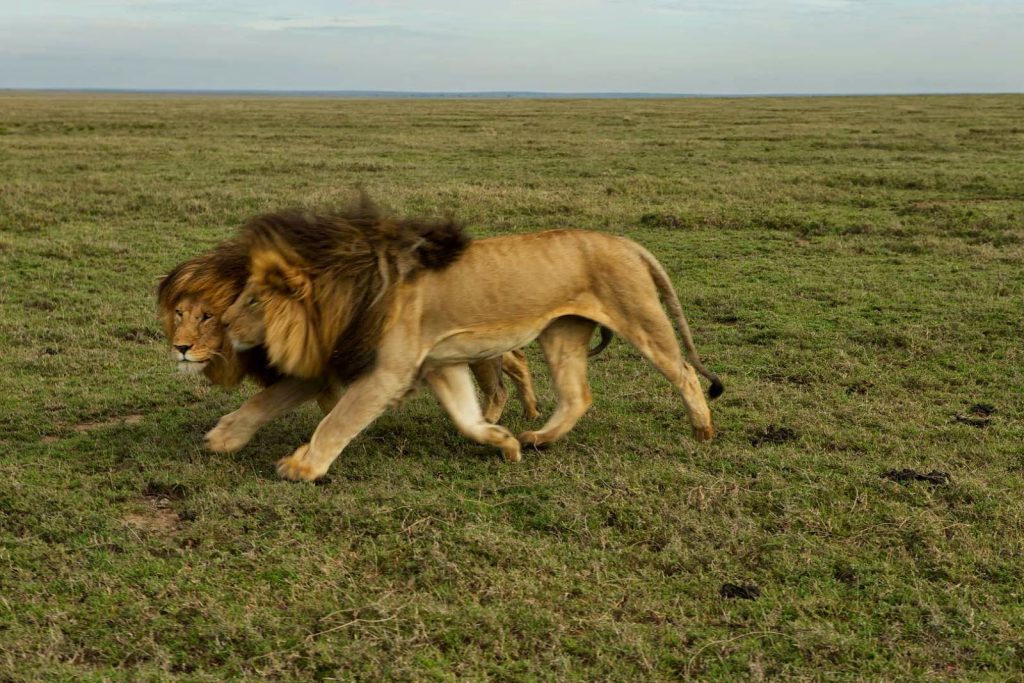Ethnic Groups in Tanzania
Tanzania is one of Africa’s most culturally diverse countries, home to over 120 ethnic groups. These communities have unique traditions, languages, and histories that shape the country’s identity. The main ethnic groups fall into three broad categories: the Bantu, Nilotic, and indigenous communities. Each of these groups has contributed significantly to Tanzania’s culture, from traditional music and dance to agriculture and trade.
The Bantu People
The Bantu make up the largest ethnic group in Tanzania, with roots tracing back thousands of years. They brought advanced agricultural techniques, ironworking skills, and a rich oral tradition. The following are the commonly known bantu groups
Sukuma
The Sukuma, Tanzania’s largest ethnic group, live primarily around Lake Victoria. They are farmers and cattle herders, growing maize, millet, and cotton. The Sukuma are known for their energetic dance competitions, such as the Bugobogobo dance.
Nyamwezi
The Nyamwezi, meaning ‘people of the west,’ historically controlled trade routes. They played a significant role in the ivory and slave trade in the 19th century. Today, they are skilled agriculturalists and social organizers.
Chagga
The Chagga people live on Mount Kilimanjaro’s slopes and are expert farmers, particularly in coffee cultivation. They developed one of Africa’s earliest irrigation systems and have a strong history of interaction with European traders and missionaries.
Zaramo
The Zaramo people are primarily found near Dar es Salaam. Historically, they were fishermen and traders along the Swahili coast, adopting influences from Arab culture. Their traditional dance, ‘Mdundiko,’ is widely performed during celebrations.
Makonde
The Makonde people of southern Tanzania are famous for their intricate wood carvings, depicting ancestral spirits and mythical beings. They have a matrilineal society, where lineage is traced through the mother’s side.
Makua
The Makua people, related to the Makonde, reside in southern Tanzania. They are primarily farmers, cultivating cassava and maize. Their musical traditions feature drumming and rhythmic dances.
Pare
The Pare people inhabit the Pare Mountains in northern Tanzania. They are skilled in terraced farming and were early adopters of Christianity due to missionary influence.
Hehe
The Hehe of Iringa are known for their warrior traditions. Under Chief Mkwawa, they fiercely resisted German colonial rule in the late 19th century.
Haya
The Haya people of Kagera were among the first in Africa to develop iron tools. They are also known for their banana-based beer, ‘rubisi,’ which is central to social gatherings.
Gogo
The Gogo people, living in Dodoma, practice cattle herding and drought-resistant farming. Their culture includes strong drumming and oral storytelling traditions.
The Nilotic People
The Nilotic groups in Tanzania migrated from the Nile Valley region and are known for their pastoral traditions.the most common Nilotic people are Maasai and Datoga groups
Maasai
The Maasai are famous for their red shukas, beaded jewelry, and warrior culture. They are semi-nomadic cattle herders, believing that all cattle belong to them by divine right. Their traditional ceremonies and dances remain central to their identity.
Datooga
The Datooga live near Lake Eyasi and are skilled blacksmiths, crafting weapons and tools. They are semi-nomadic herders, known for their unique facial tattoo patterns.
Indigenous and Other Ethnic Groups
Hadza
The Hadza are one of the last remaining hunter-gatherer societies, living near Lake Eyasi. They rely on hunting and gathering for survival, speaking a language that includes clicking sounds.
Iraqw
The Iraqw, residing in Manyara and Arusha, are skilled farmers known for terraced agriculture. They have a distinct culture and history of resisting external influences.
A Nation United in Diversity
Despite its many ethnic groups, Tanzania remains one of Africa’s most peaceful and united nations. The widespread use of Swahili as the national language has helped bridge communication gaps. From the warrior traditions of the Maasai to the artistic expressions of the Makonde, and the agricultural expertise of the Chagga to the resilience of the Hadza, Tanzania’s people continue to preserve and celebrate their heritage, making the country a fascinating and diverse place to explore.



